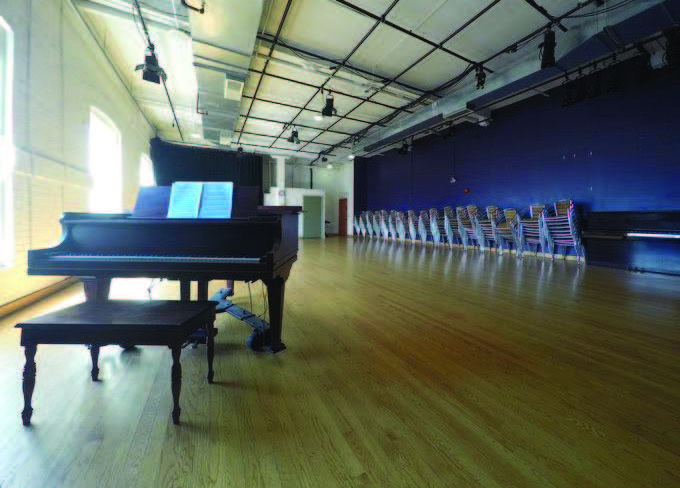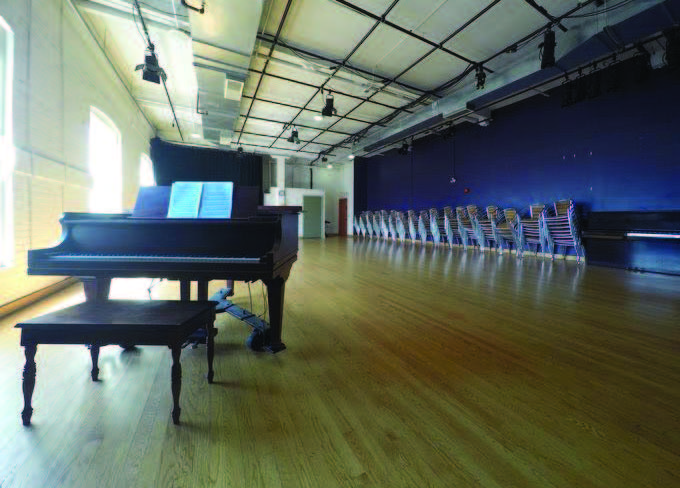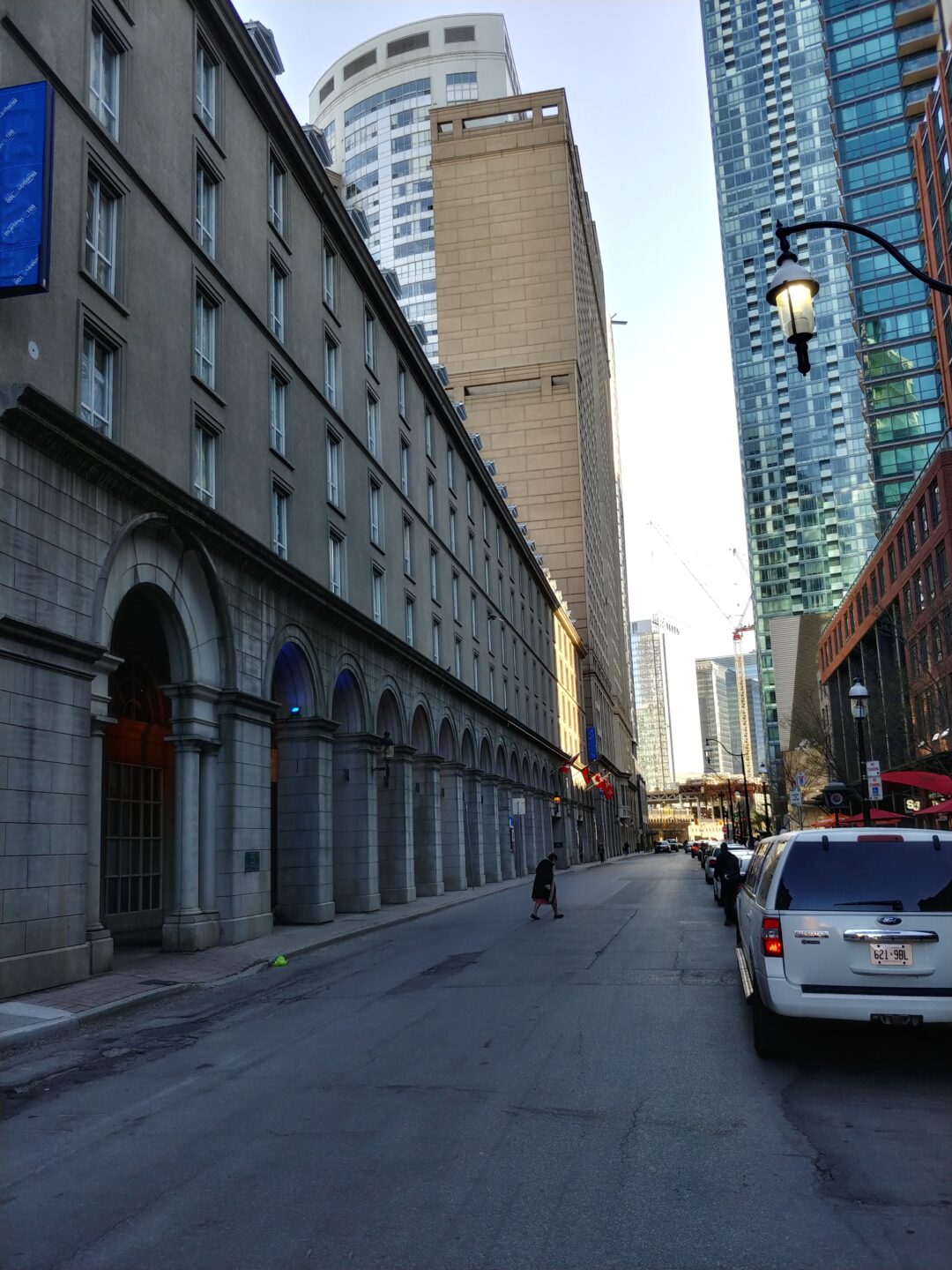
By Sophia de Guzman
–
The groundbreaking Nightwood Theatre and Tapestry Opera, along with 70 other artists and artisans, are being asked to leave their homes in the historic Distillery District this year. The landlords, not-for-profit urban development organization Artscape and CityScape Holdings, did not consult tenants on the decision not to renew their leases.
In a joint press release on December 6, Tapestry Opera and the feminist Nightwood Theatre – the two founding tenants of Artscape in the Distillery District – said they will need to vacate their studio by August, and Nightwood’s head officeby March, five months earlier. While the two had previously received some communication that their 20-year lease might not be renewed during 2021, their eviction was not confirmed until December.
“We are faced with finding a new venue in a city that has already seen numerous small venues and venue operators closed down, threatening the survival of independent dance, theatre, music, and opera,” Tapestry Opera’s executive director said in the release.
In January, Artscape and The Distillery District announced that two buildings have been leased to the French-language post-secondary institution, College Boreal , slated to open in September 2023. Established in 2003, the Distillery District’s website states that its purpose is to provide a place “where creativity would flourish and passion would be aroused – where artists, artisans, entrepreneurs and businesspeople […] inspire each other.” In total, the space held 10 retail studios, 20 office spaces, 3 rehearsal and performance spaces, and 27 artist work studios.
The largest tenants facing eviction, Tapestry and Nightwood, stand out in Toronto’s independent music scene for supporting new Canadian works and prioritizing equity-seeking groups. As well as renting out their studio, recently renovated at their expense, the two not for-profits often lent the space to early-career or independent artists.
“Artscape makes space for creativity and transforms communities,” according to its mission statement. “Artscape is committed to building a world that engages art, culture, and creativity as catalysts for community vibrancy, sustainability, prosperity, and inclusiveness,” it adds.
An Artscape press release says it will help the evicted artists move to another space. However, the Nightwood Theatre team says they have yet to be shown another space with comparable rent.
“We’re going to probably have to look outside of the downtown core, which is tricky for the artists, who often get around on their bicycles,” Andrea Donaldson, Nightwood’s art director, said in a phone interview.
When asked if the company would consider moving towards more affordable blossoming cultural centres such as Hamilton and Kingston, which have become popular as a result of artists and musicians not being able to afford Toronto, Donaldson said, “I like the vibrancy of this city. I want to stay and fight for that, and at some point soon we’ll have an appetite for live performance again. I like being in a city where there’s too much to see.”
This is a part of a growing trend of the dissolution of live music spaces disappearing in Toronto, according to a report by the city’s Economic and Community Development Committee.
“Toronto’s grassroots music scene has faced significant difficulties during the last decade,” it states. “Rising land values, the effects of gentrification, and increasing commercial and residential rental costs have led to the closure of dozens of live music venues and mounting financial challenges for emerging musicians and the businesses that help sustain the music ecosystem.”
Multiple organizations, including the city’s Music Office and the Toronto Music Advisory Committee, are dedicated to protecting music and cultural spaces in Toronto. Similarly, disillusioned musicians have started grassroots operations to save their space in the city, like the Facebook group Save TO Rehearsal Spaces. Its members are currently devoted to fighting closures of major, affordable rehearsal spaces owned by Rehearsal Factory.
Ann Summers, founder and director of the International Resource Centre for Performing Artists, says the Music Advisory Committee “mostly focus[es] on commercial music – for [the] tourists trade, record companies, and nightlife. If [MAC] could only get [all sectors of the music community] in the same room together, we could do something.”




